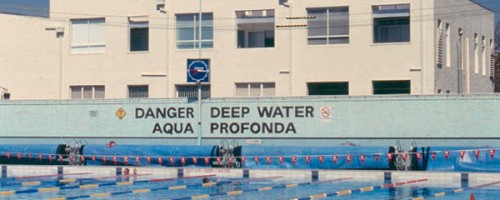In the act of eating: food culture in late capitalism
Somehow over the last decade, food has become supreme arbiter – moving around the cultural landscape and absorbing our biggest fears and desires, before transforming everything into a café-ready salve. What’s strange about food culture’s claim to authenticity is not so much the baroque propositions – slow food, local food, homemade food – only that the stuff we eat has taken on such a potent, transformative quality in the first place.















